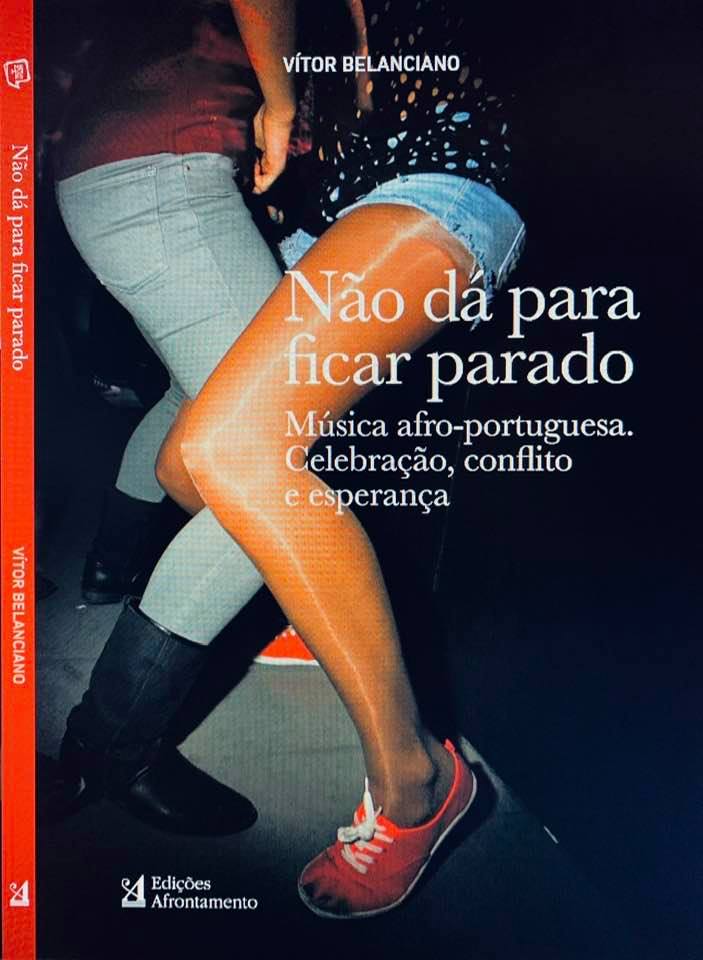Book presentation
«Não Dá Para Ficar Parado. Música afro-portuguesa. Celebração, conflito e esperança» by Vítor Belanciano
December 11, 2020, 18h00 (GMT)
Lux-Frágil (Lisbon) > Live Streaming
About
This work, published by Edições Afrontamento, is the result of a challenge to journalist Vítor Belanciano, made by the research project Memoirs - Children of Empires and European Postmemories, which has been analysing the memories inherited by the children and grandchildren of the generation that lived through the decolonisation processes of territories dominated by Portugal, France and Belgium in the African continent - Congo, Algeria, Angola, Mozambique, Guinea-Bissau, Cape Verde and São Tomé and Príncipe.
Coupled with conversation and music, this session will include, besides the author, participations from researcher António Pinto Ribeiro, musicians Dino D'Santiago, DJ Marfox and journalist/DJ Davide Pinheiro.
Livestream: | https://www.facebook.com/memoirs.ces/posts/1438872806504030
Synopsis:
We all know it. There was a political decolonisation in Portugal. But the decolonisation of mentalities remains to be done. One way to reflect and question it is through popular music. If there ever was a territory where both the conflicts and the ambiguities, or the potentialities, of post-colonialism were reflected, it was this one. The richness of mixing is valued, even as a form of affirmation for Europe, but chronologies of tension are also perpetuated. This does not mean that music is not a fascinating place of social experimentation, generating visibilities, encouraging discourses that encompass diverse urgencies. This is a history built by numerous actors of second and third generations of Afro-descendants, from General D to Buraka Som Sistema, from Batida to DJ Marfox or Dino d' Santiago, who in the last two decades have been able to mess up certainties, carrying new experiences, practicing music to dance, think and act. You just can't Stand Still.
About the author
Vítor Belanciano. Cultural journalist, music critic and chronicler. He has worked for Público for over twenty years. He has a background in anthropology and sociology. He lived part of his childhood in Niza, grew up in Barreiro, lives in Lisbon, and feels he is from Alentejo. Over the years he has been an actor, DJ, social scientist and teacher. Predominantly a journalist, he does not practice impartiality and neutrality. He believes in choices, rigour, transparency, exposing plurality, analysis, questioning and the possibility, through culture, of mixing subjects, crossing languages, be it politics, economy, society, music, art and ideas. From here stems Não Dá Para Ficar Parado, where he is both a detached observer and an aware actor. Music is the starting point. But only because it includes everything else.


